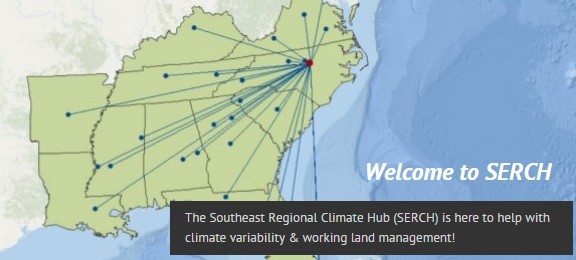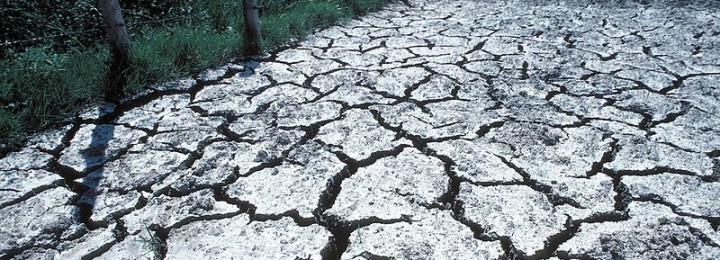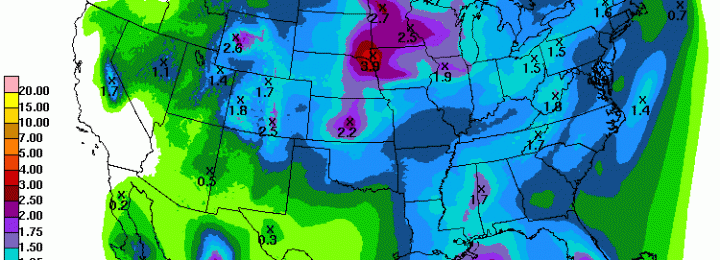-

In this series of postings I have introduced you to a number of people and groups working on providing climate data and information to Extension agents, agricultural producers and others who need access to trustworthy weather and climate information. Today I am pleased to profile the USDA’s Southeast Regional Climate Hub, located in Raleigh, NC. …
Posted in: Sources of weather and climate data -

Since today is D-Day, you may be interested in the importance of weather forecasting to the success of the mission. The History Channel has an excellent write-up of why the forecasters were so crucial to picking the best date for the massive invasion here. Another short article on the forecasts is at https://www.alabamawx.com/?p=61139. I camped…
-

Salty soil can be caused by a number of problems, including drought and a lack of rainfall to flush salts out of the soil, salt water intrusion and rising sea levels near the coast, and irrigation from salty aquifers. Over time, the salts build up and make it difficult to grow many types of crops. …
-

This weekend should be mostly warm and dry across the Southeast. By Tuesday, chances for scattered light showers return and continue through the rest of the week. Temperatures for the next few days should be seasonal to slightly warmer than usual. The areas that do not receive rain from the scattered showers may experience some…
Posted in: Climate outlooks -

The NOAA Climate blog had a long article last week on global impacts of El Nino on summer climate. It talks about what we might expect to see in other parts of the world this year and what the impacts are in the United States as well. You can read their blog here.
-

Warm conditions in Georgia from April continued into May, but a pattern shift in the atmosphere caused a dry spell to dominate most of the state until late in May, when rain returned to the area. This shift caused both positive and negative impacts on agriculture in the state. Temperatures across the state were above…
-

The journal Science published an article today which shows an updated historical climatology of global temperatures produced by NOAA. The newly revised temperature timeline shows that unlike previous analyses, the new timeline shows that there has been no substantial slow-down in the rate of temperature increase on the globe. The previous theory about the “hiatus”…